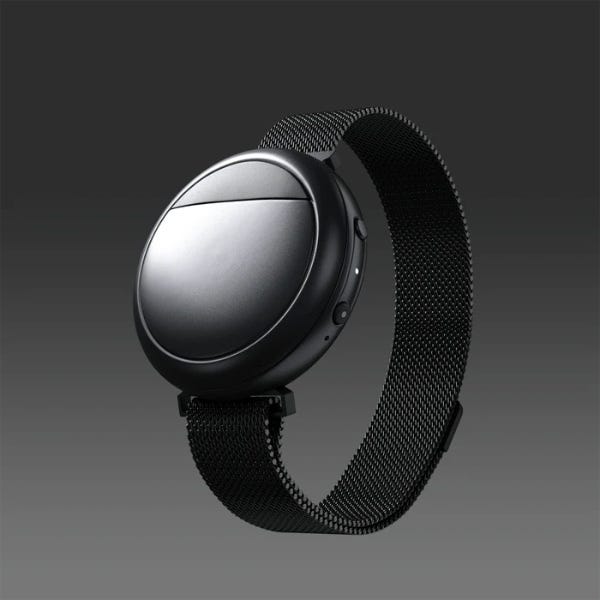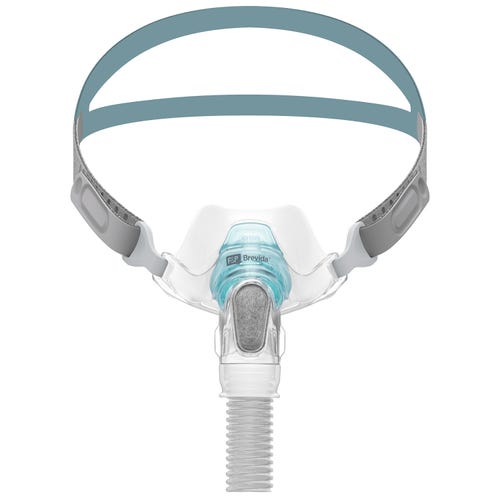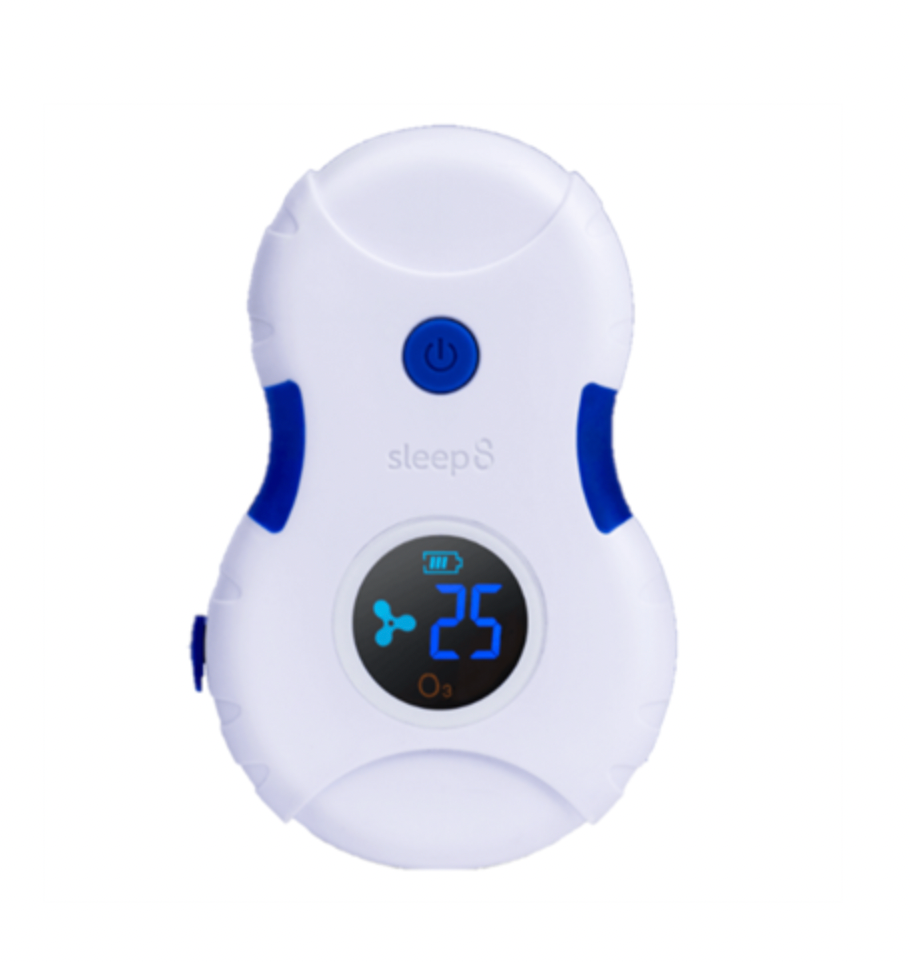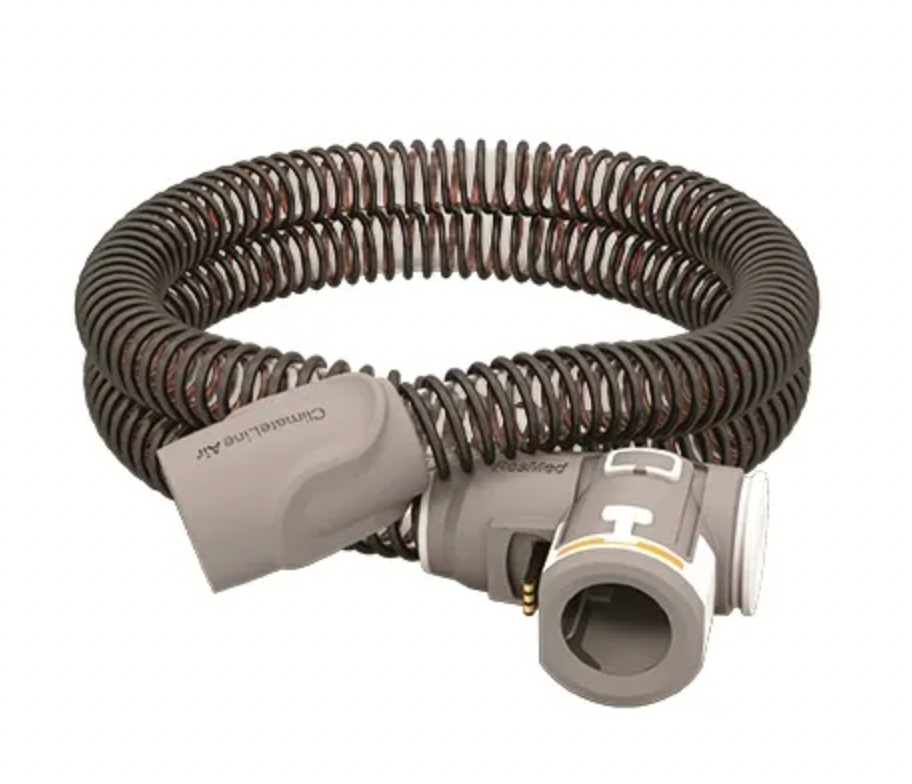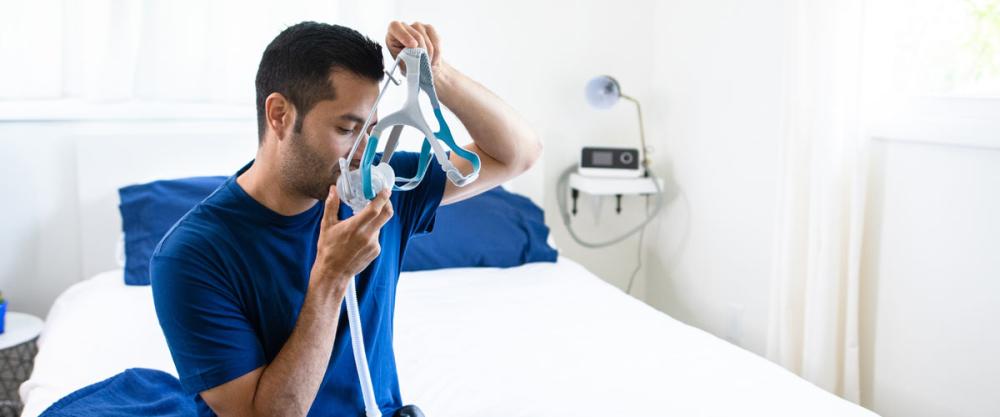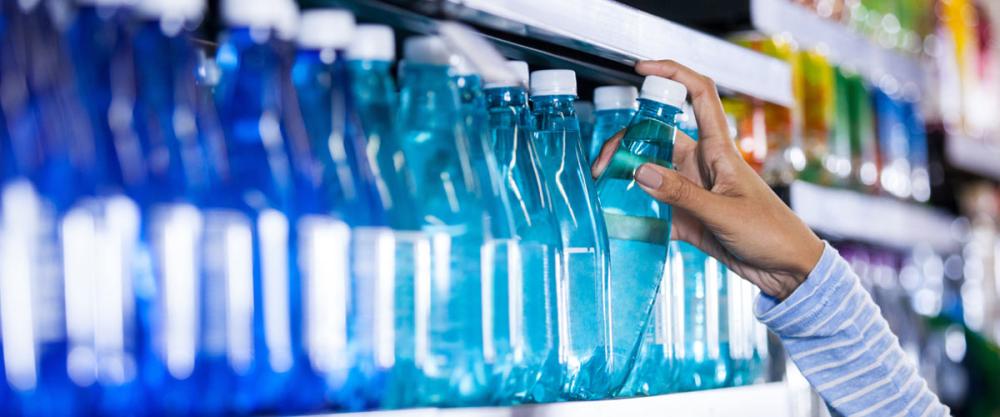Wondering if you can use your FSA or HSA for CPAP supplies? The answer is yes! If you have funds that run out at the end of the year, this is the perfect time to upgrade your existing equipment. Start the new year off right with fresh, sparkling clean CPAP mask, tubing, humidifier chamber, parts, or a machine.
IN THIS ARTICLE:
FSA/HSA Eligible Equipment
What is a Health Savings Account (HSA)?
What is a Flexible Spending Account (FSA)?
CPAP Machines
You’re going to be spending a lot of time with your CPAP machine, so it’s worth making sure you get the right one. What makes it “the right one” for you will differ from person to person, but there are at least three things to consider. These include the type of machine you were prescribed by your doctor (CPAP, APAP, or BiPAP), how well the brand or model is reviewed, and which features are important to you.
You may be surprised at all the bells and whistles available in modern machines, and it's worth doing a bit of research on things like heated humidification, sleep data tracking, auto-ramp, and exhalation pressure relief. Check out our list of the best CPAP machines of the year for more details on our favorite machines and how they compare.
CPAP Masks
A good, well-fitting CPAP mask can make all the difference when it comes to your success with sleep apnea therapy. There are three main styles, and each is secured to your face with a headgear. Some masks have a top-of-the-head tube connection, which can make it easier to move around in your sleep without getting tangled in the tubing.
A full-face CPAP mask delivers air pressure to both the mouth and the nose, so even if you're a mouth breather, you'll still receive the air pressure you need to treat your sleep apnea effectively. A nasal mask rests on the bridge of the nose and seals just under it. Nasal masks are popular with people who breathe through their noses only, and who may find full face masks claustrophobic. A nasal pillow mask rests on the upper lip and has two silicone pillows or cushions that are inserted into the nostrils, delivering air pressure directly into the nasal passages.
CPAP Cleaning Supplies
Cleaning products are FSA eligible because keeping your CPAP clean is necessary to protect you and extend the the lifespan of your equipment. Regularly replacing and cleaning your CPAP supplies prevents the buildup of disease-causing bacteria and irritants such as dust, mold, viruses, allergens, and more. There are products you can use when you need to give your equipment a quick wipe-down, as well as sanitizers (like the Sleep8 below) you can use when you need a more thorough cleaning.
CPAP Parts
Don’t forget to budget for the cpap accessories and parts that can make your sleep therapy more comfortable, like humidifier chambers, tubing, CPAP gel, mask clips, chin straps and more. You can also use it for supplies that may not immediately spring to mind. These include adapters, cartridge filter kits, batteries, and cables.
What Is a Health Savings Account (HSA)?
Health Savings Accounts help individuals with high-deductible health plans (HDHP) pay for medical expenses with tax-free dollars. As it sounds, this type of plan has a higher deductible than most other health insurance plans, but usually the monthly premiums are lower.
You generally cannot use these funds to pay for your monthly premiums, but you can use them to pay for other expenses like copayments, medical equipment, prescriptions, and some over-the-counter health care items. Currently, you can contribute up to $3,650 to your account to pay for medical expenses for an individual, and up to $7,300 for a family.
What Is a Flexible Spending Account (FSA)?
A Flexible Spending Account (sometimes called a Flexible Spending Arrangement) is similar in that it allows individuals to set aside a portion of their earnings to pay for qualified medical expenses with tax-free dollars. FSAs are normally set up through a “Cafeteria Plan,” which is an employee benefit plan that allows employees to choose from different types of benefits.
What Is the Difference Between FSA and HSA?
Both Health Savings Accounts (HSA) and Flexible Spending Accounts (FSA) let you set aside some of your pre-tax earnings to use exclusively for eligible medical expenses. This lowers your total taxable income, saving you money each year. Basically, you save the amount equal to the tax you would have paid on these earnings.
But the accounts have key differences. Your FSA is linked to your employer, whereas the HSA is not. Sometimes an employer will contribute their own funds to your FSA, though that is not universal. You may also be able to borrow against your FSA like you would a line of credit.
HSA funds will automatically accumulate year over year and the funds do not have an expiration date. FSA funds will not always carry over - they must be used within a certain timeframe like 12 or 18 months. So if you have an FSA the bottom line is: use it or lose it!
How to Use Your FSA/HSA
Simply use your FSA/HSA card at checkout like you would any other credit or debit card, or you can file a claim for reimbursement if you pay out of pocket. Use the funds in your account to replace your regular supplies, or to upgrade to something new. Check out our industry standard replacement schedule or more information on how often to purchase new parts and equipment.
Maximize your HSA/FSA by combining it with our other savings programs:
- Sign up for our email newsletter and get 15% off.
- Earn points to redeem for discounts with our loyalty rewards program.
Our knowledgeable and friendly staff is here to help you find the best products at the right price. We offer free shipping on all purchases and have a 30 day mask guarantee to ensure that you find exactly what you need.


